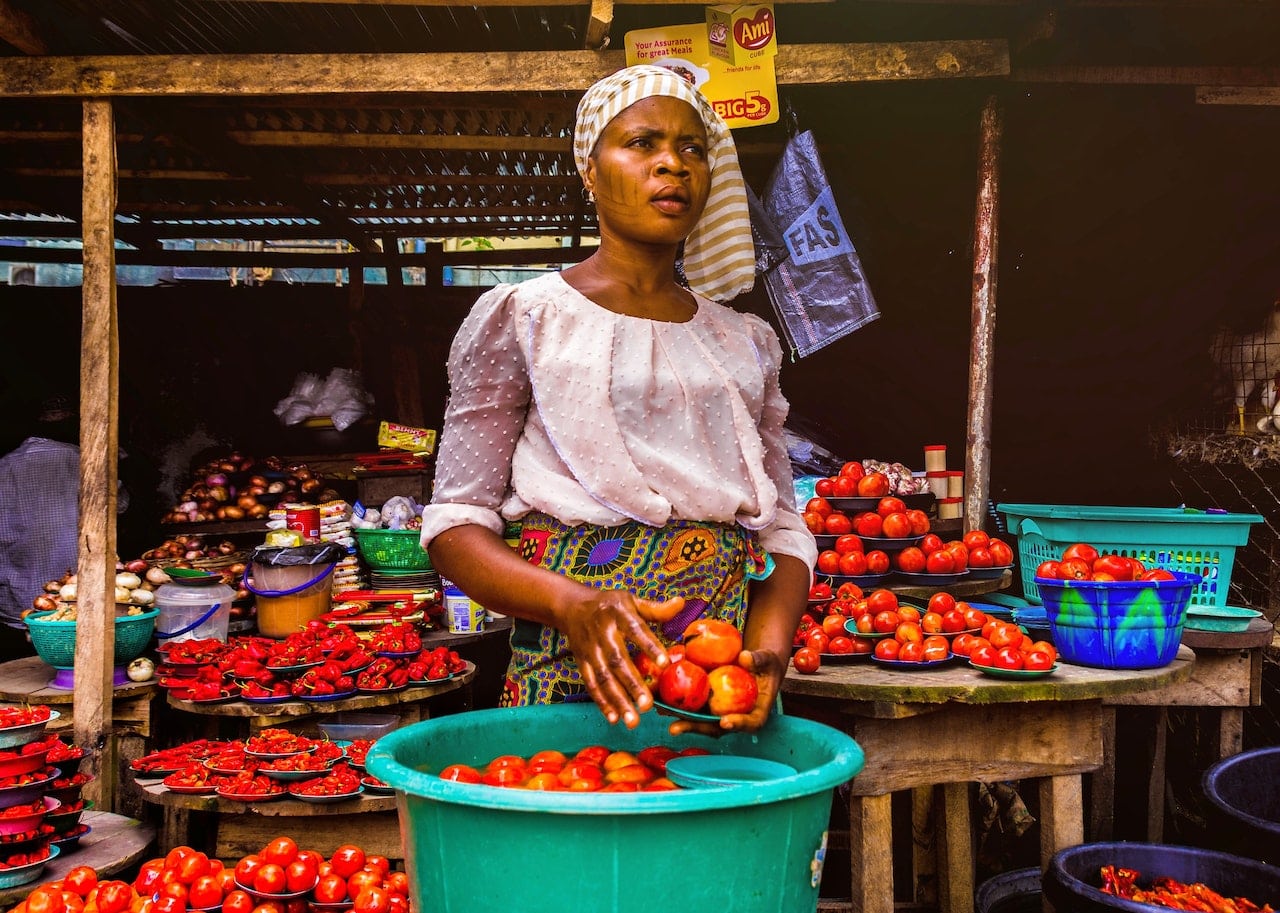Fair-trade and fair trade are two terms that are often used interchangeably, but they have different meanings and implications. Here at HelpLocalwithLove we sell fair-trade products, but only a few of them (such as the Nepalese bags) are fair-trade. How that works, and why we sell very few certified ‘fair-trade’ products, we will explain below.
Fairtrade aims to ensure that farmers and workers in developing countries receive fair compensation for their labor and products, while fair trade refers to products that have been certified by a fair trade organization and meet established criteria.
Fairtrade has boomed in recent years in response to the inequality and exploitation that exist in many global supply chains, such as agriculture, as well as other industries such as the garment industry. By paying a fair price for products, fair trade helps create a more equitable global economy and improves the lives of farmers and workers.
Farmers and workers who work according to the ‘fair-trade’ certification receive a stable income for this. Fairtrade certification requires a system of guaranteed minimum prices, which ensures that producers receive a fair price for their products, even when world market prices are low. In addition, fair trade requires that a portion of the price paid for products be invested in community development projects, such as education and health care, that can further improve the welfare of farmers and workers.
Another benefit of fair-trade trade is that it promotes sustainable agricultural practices. Fairtrade certification requires farmers to use environmentally friendly practices and avoid the use of harmful chemicals. This can help reduce the environmental impact of agriculture and protect the health of both farmers and consumers. Consider, for example, the fair-trade Max Havelaar coffee. This is less applicable to most of our products.
In short; working with a fair-trade certification has a lot of advantages that are important to take into account.
However, fair trade also has disadvantages. One of the main criticisms of the fair trade system is that it can be difficult and expensive for farmers and workers to obtain certification. The certification process can be time-consuming and costly, making it inaccessible to smallholder farmers, workers, and cooperatives. In addition, some farmers may not be able to meet all the requirements for certification, which limits or makes it impossible for them to participate in the fair trade system. While it is the very poorest farmers and workers that you would like to benefit from the system.
Another criticism of fair trade is that it does not always lead to significant improvements in the lives of farmers and workers. While fair trade can provide stable incomes and support sustainable agricultural practices, it may not solve underlying problems such as poverty and inequality. Some critics argue that fair trade is simply a Band-Aid solution to larger systemic problems in the global economy. In addition, fair-trade certification also stipulates that part of the money will flow back to things such as education. On the one hand, that is of course very nice. On the other hand, this undermines people’s self-determination. If you actually oblige farmers and workers to (expensive) certification and require investments to guarantee a purchase of their products.
We believe that when we pay people fairly, they know best what their families and communities need. And they are able to arrange that themselves.
Fair-trade products are products that have been certified by a fair-trade organization and meet established criteria. Still, the term is often used by companies to describe their products without necessarily following the strict standards and certification processes of the fair trade movement. While fair trade products may still provide some benefits to farmers and workers, they may not meet the same level of standards as certified fair trade products. This can lead to consumer confusion and weaken the impact of the fair trade movement. That is also why we want to clearly explain that we do fair trade, but few fair trade products, according to the official certification standards.
Basically, fair-trade and fair trade are two different concepts with different levels of impact. While fair trade certification offers numerous benefits to farmers and workers, it may not be accessible or feasible for all producers. And we at HelpLocalwithLove work with the workers for whom this certification is not feasible. Of course, we try to keep an eye on how the products are made as closely as possible. And we make sure that we always pay a fair price. This is not to say that we are ‘better’ than fair trade certification. but due to the nature and way HelpLocalwithLove works, it makes more sense for us to pay a fair price than to look for fair-trade certified products.
We hope that we have explained the difference between fair trade and fair trade a little bit. And of course, we always like to hear your opinion!
Photo by Omotayo Tajudeen via Pexels


